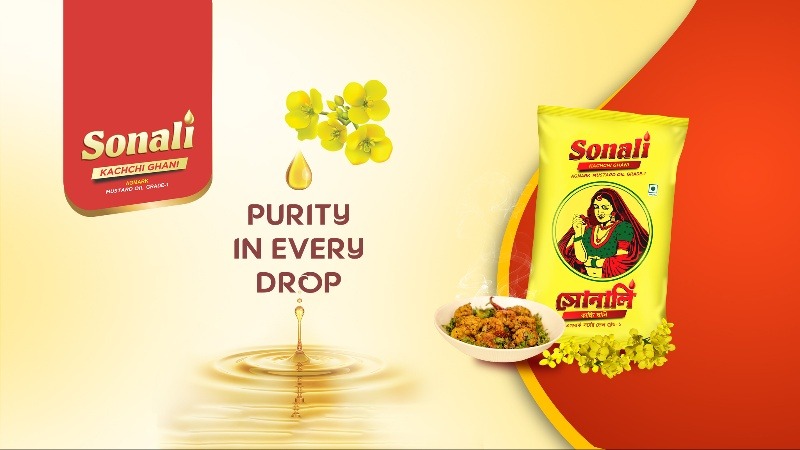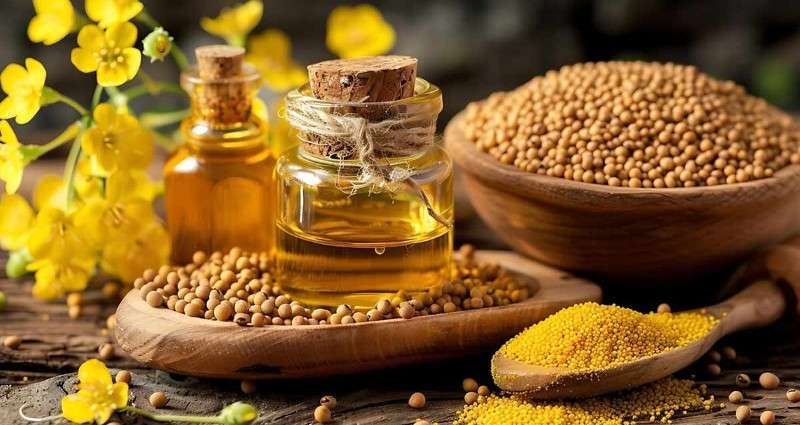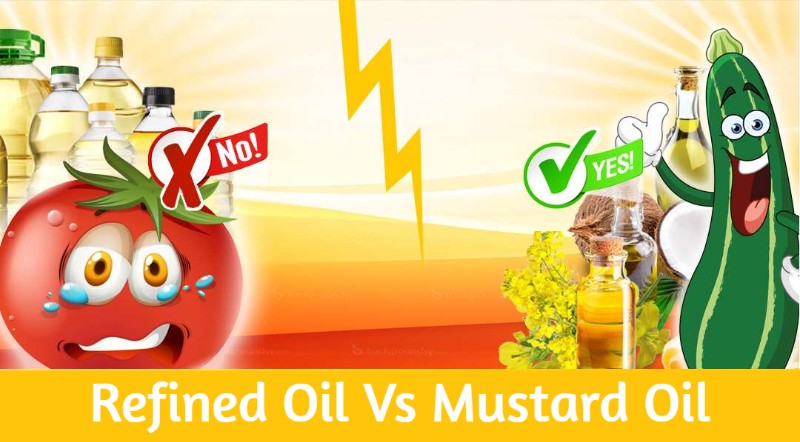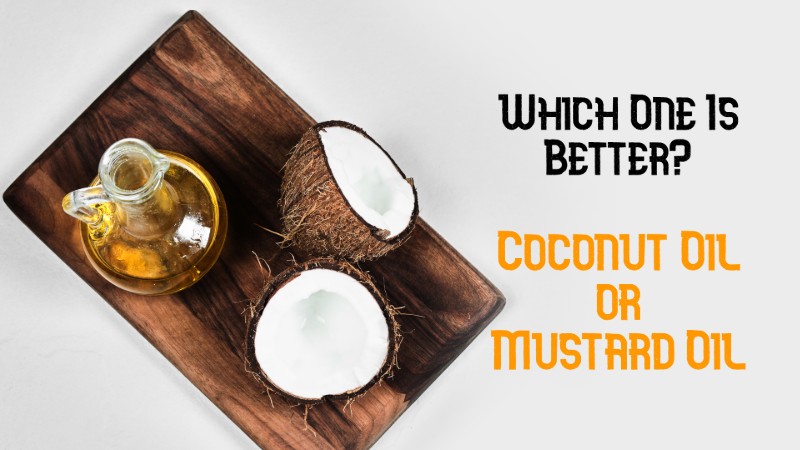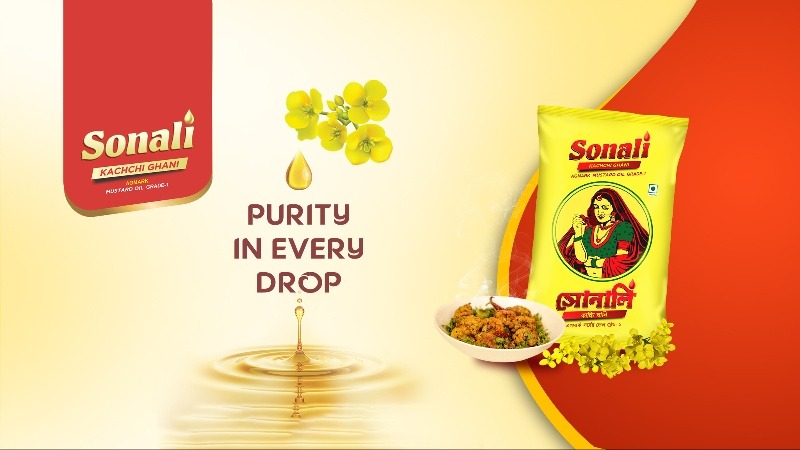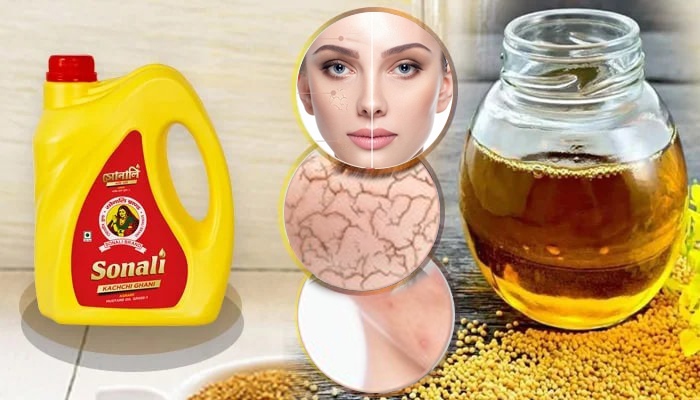The correct choice of cooking oil is necessary to enjoy a healthy lifestyle. It determines the flavor of your food. It determines your health, too. India has many edible oil businesses, which hinders the correct choice.
In this blog, we will speak about India’s top 10 edible oil businesses in terms of product and market share. We’ll view their product and unique features. Our post will assist you in selecting the best edible oil company in India.
Why Choosing the Right Edible Oil is Important?
Edible oils form part of our diet. They supply our body with essential fatty acids. They even aid our body’s intake of vitamins. However, all oils are not alike. Some are superior to others. Your choice of oil could influence your cardiac health. It can even impact your cholesterol level. Hence, choosing the best oil is needed for good health. That is why it is important to know the best edible oil company in India.
What to Expect from a Good Edible Oil?
Some criteria render an edible oil appropriate. These include:
1. Nutritional Value: You need to select oils with a healthy content of fats, i.e., monounsaturated and polyunsaturated fats. Do not select oils containing high saturated and trans fats.
2. Smoke Point: Smoke point refers to the temperature at which the oil begins to deteriorate. The greater the smoke point, the better suited for cooking. It prevents the formation of harmful chemicals.
3. Flavor: Certain oils have a taste, while others lack any taste. You can consider the taste you prefer for your food.
4. Processing Method: Cold-pressed oils are richer in nutrients and generally healthier.
5. Brand Reputation: You can always choose a brand with a good reputation for purity and quality. You can find the top edible oil brand in India.
Top 10 Edible Oil Companies in India
Here are the best edible oil companies in India. They have some healthy and good-quality oils:
1. Sonali Oil:
Oils to Your Home is India’s trusted edible oil brand-Sonali oil. It is renowned for its high-quality, pure and nutritious cooking oils. It offers both refined and cold-pressed oils, guaranteeing health benefits and true flavors alike. Sonali Oil is one of the strongest contenders to be chosen as the best mustard oil brand in India.
2. Adani Wilmer:
Adani Wilmer is a renowned edible oil firm. It trades in several oils such as soybean oil, sunflower oil, and palm oil. It is extremely well recognized for the consistency of its quality.
3. Marico:
Marico is an established organization that produces popular oils Saffola and Parachute. Saffola is a highly selling heart care product, and Parachute is a household coconut oil.
4. Saloni Oil:
Saloni Oil is proud to be included in India’s top ten of the finest edible oil companies. Saloni Oil trades superior-quality edible oils. They believe in offering healthy and tasty choices for your kitchen. Their priority is quality and customer happiness.
5. Ruchi Soya Industries:
Ruchi Soya is yet another Indian edible oil giant. It produces various kinds of products such as soybean, sunflower, and palm oil.
6. Cargill India:
Cargill is a global player with stakes in India. It is involved in edible oils of every kind and is an innovation- and quality-focused organization.
7. Agro Tech Foods:
Agro Tech Foods is renowned for healthy edible oils. It has a keen interest in producing healthy goods for consumers.
8. Emami Agrotech:
Emami Agrotech offers different edible oils, which are known to be best for quality and purity.
9. Bunge India: Bunge India is an old agribusiness company which trades in all sorts of edible oils. It provides a sustainable business.
10. KSK Oil: KSK Oil is used by every household. It is high-quality and cost-effective.
People Also Read- Edible Oil vs Non-Edible Oil
A Closer Look at Some Popular Brands
And now, let’s introduce some of these firms in detail which will get you familiar with them. Here are a few:
1. Sonali Oil:
Our focus in Sonali Oil is to provide the best quality. We buy and process our oils in a way that they do not lose their natural goodness. We aspire to be among the best edible oil companies in India.
2. Adani Wilmer:
Adani Wilmer is a giant of the edible oil sector. Their Fortune brand is a brand that cannot be overlooked. They have a range of oils, thus making it easy for consumers to select.
3. Marico:
Marico’s Saffola brand is better when it comes to heart health. Their oils are made in a way that one’s cholesterol is regulated.
4. Saloni Oil:
Saloni mustard oil is a favorite in all Indian homes. It brings a crystal unmistakable flavor to food and is a genuine contender for best mustard oil brand in India.
Choosing the Best Oil for Your Cooking Needs
There are certain oils well suited for specific types of cooking. Here, we mention a quick guide:
-
Deep Frying: Always use high-smoke point oils when deep frying.
-
Sautéing: Sauteing involves medium-smoking point oils like olives and canola.
-
Baking: Coconut and vegetable oils are the traditional ones used for baking.
-
Salad Dressings: Olive and flaxseed oils are the best for salad dressings. They add nutrition and taste.
Making Well-Informed Choices Regarding Edible Oils
When choosing edible oils, closely reading the labels is crucial. You can also read the composition of oil and smoke points and how they are processed. There is also the need to choose good brand oils. You can identify the best edible oil brand in India so that the best brands can be selected.
The Importance of a Balance Diet
While the intake of good edible oil is important, it is not the only ingredient of a healthy diet. Always eat a balanced diet. You may take plenty of fruits, vegetables, and whole cereals. Try not to eat processed foods and keep yourself healthy.
Conclusion
It can sound daunting to select the best cooking oil company in India. But being aware of the different oils. You can always consider nutritional value, smoke point, and brand reputation. You should make the right decision, which helps you pick the most appropriate oil for cooking. Remember, a healthy meal is made of a mixture of nutritious foods.
Choosing the best edible oil company in India is one of the aspects of leading a healthier lifestyle. Hopefully, this guide served you well. We welcome you to visit the different brands which are listed. Select the one most appropriate for you.
Sonali Oil is proud to be a part of the best edible oil brand in India. We try our best to give you healthy and tasty oils for your cooking.


